Budapest100 is a community festival that opens 50-60 buildings each year. The event has become a tradition since its launch in 2011, with attendance reaching 10-15,000 visitors during the weekend.
Until 2015 it was organised as a celebration of the 100-year-old Budapest buildings, with the cooperation of citizens, NGOs, public institutions and district municipalities. Its main aim is to draw attention to local buildings, their architectural value and history - and to the civilian power that organises residential communities and holds them together. Since 2016, the event has been structured around a given theme or location. The broad mission of Budapest100 is to initiate a common discussion about urban revival and inspire the establishment and strengthening of residential communities.
Budapest100 contributes to reforming urban community co-existence, changing the relationship between residents and the city and helping people become more responsible citizens. Throughout Europe there are similar initiatives, but with a much lower social impact. The examples are mainly concentrating on the built environment, letting the audience enter a building and sharing with them the most important data, collected and presented by experts. Budapest100 adds the factors of community-building. In the buildings joining the programme, residents prepare in a self-organized way (with the help of volunteers) exhibitions, cultural events, concerts and give building-history tours for the visiting audiences. The strength of the event lies in creating a demand to share.
The easiest way of social mobilisation is to create emotional engagement. The festival creates a platform for telling the stories behind closed doors and to start dialogues.
Through its strong community development focus, its link to informal education, social isolation and nurturing of local organisers, Budapest100 essentially includes the social aspect related to integrated urban development. Both economic and environmental aspects of urban development are tackled by the fact that residents form communities within the programme and are more alert to physical degradation. Budapest100 was launched by the Open Society Archives and is organised by the Hungarian Contemporary Architecture Centre, an NGO dedicated to the dissemination of architectural practices. Since the 2011 beginning, the event has been performed with a constantly growing infrastructure and press attention, with many partners joining the initiative
In the past twelve years, Budapest100 has opened the gates of 50 to 60 buildings yearly. Based on the feedback from involved residents, the weekends were full of experiences and lessons learnt. Many of them have highlighted that they would never have thought that so many people would be interested in their lives or their neighbourhoods. In an indirect way the festival offered them the feeling of uniqueness and importance and created conditions for neighbourhoods working together towards a common goal, making the residents’ voices heard. Local communities became stronger through the access to knowledge that helps them get closer to their own stories, their buildings and through that their cities, making them feel responsible.
A more concrete success is that many apartment blocks started repeating community actions in a self-organised way following Budapest100, resulting in renovations and smaller architectural changes or organising a yard picnic or concert.
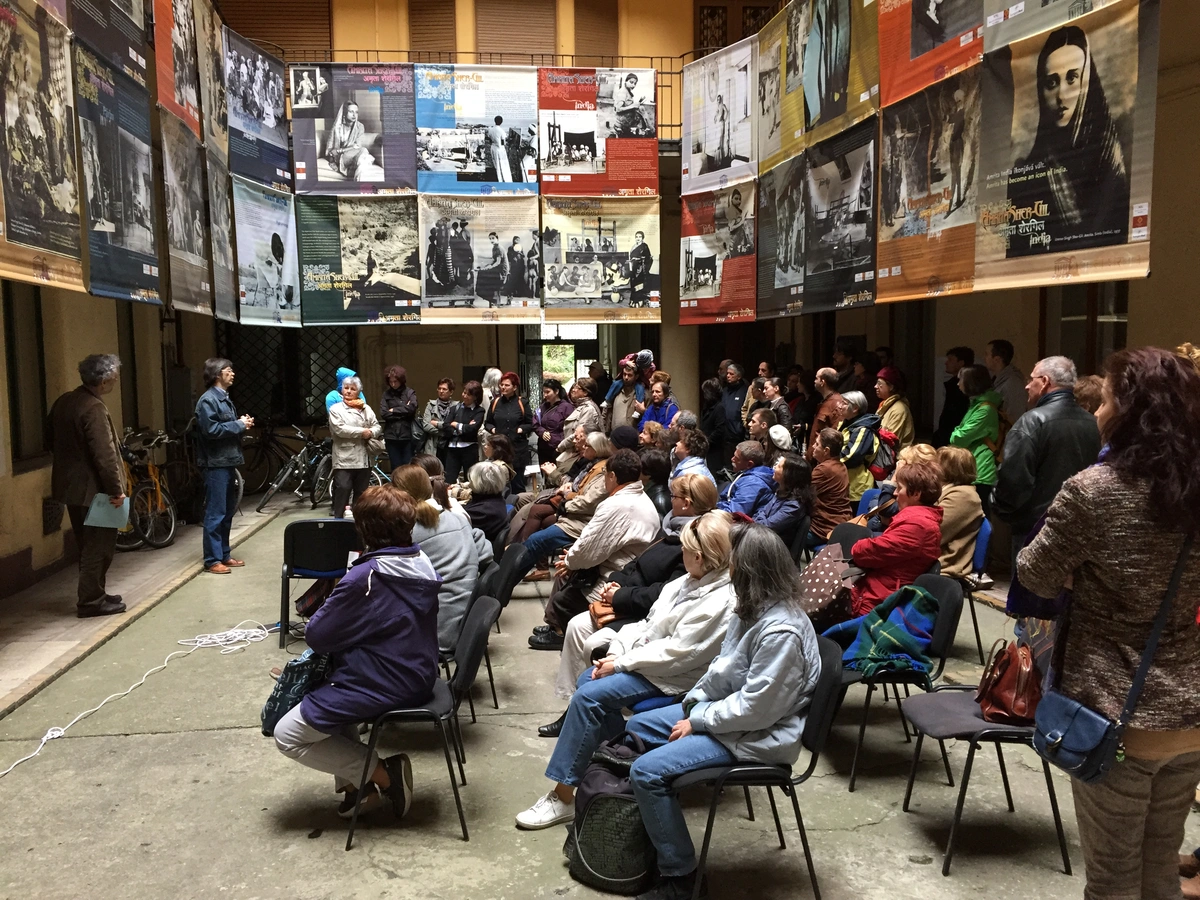
During the Budapest100 weekend, residents organised an outstanding exhibition in the building about an artist who lived in the house.
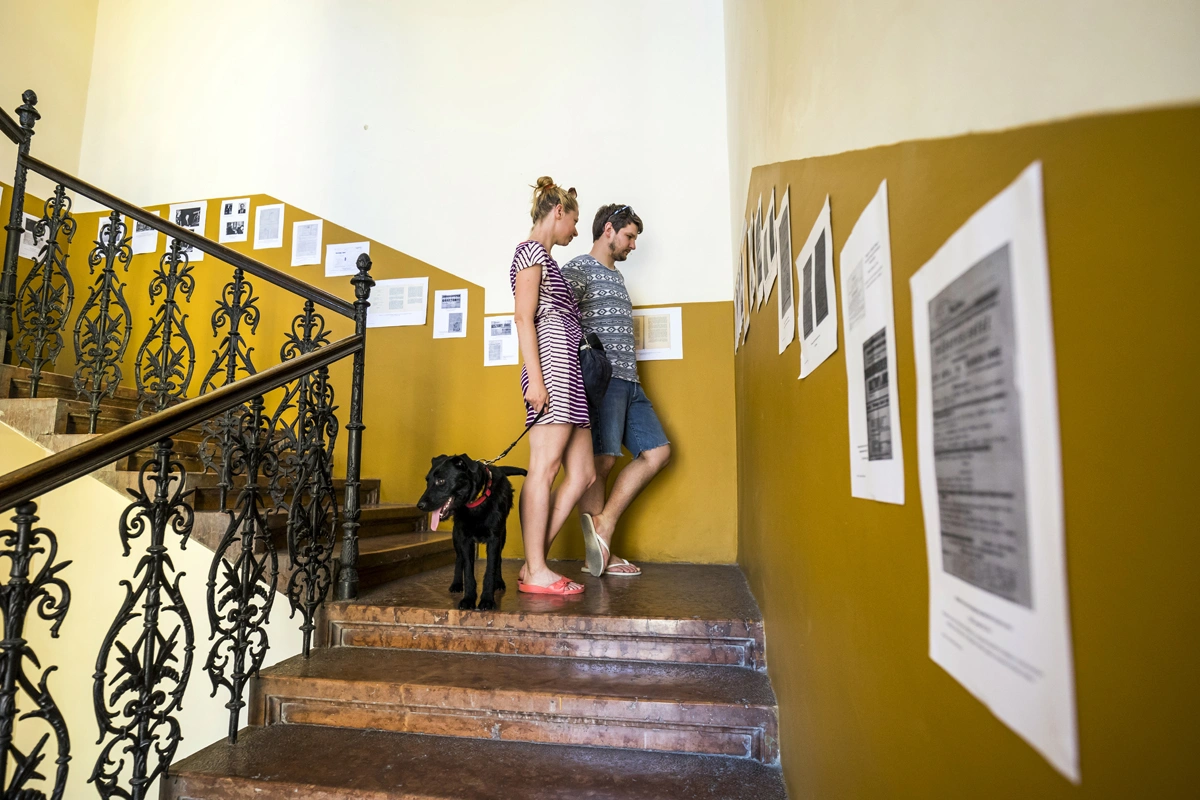
In the Budapest100 next to community events volunteers prepare socio-cultural research about the building and its former and current residents. On our website, there is a growing database of buildings and buildings, people and stories. The research materials are exhibited during the weekend as well.
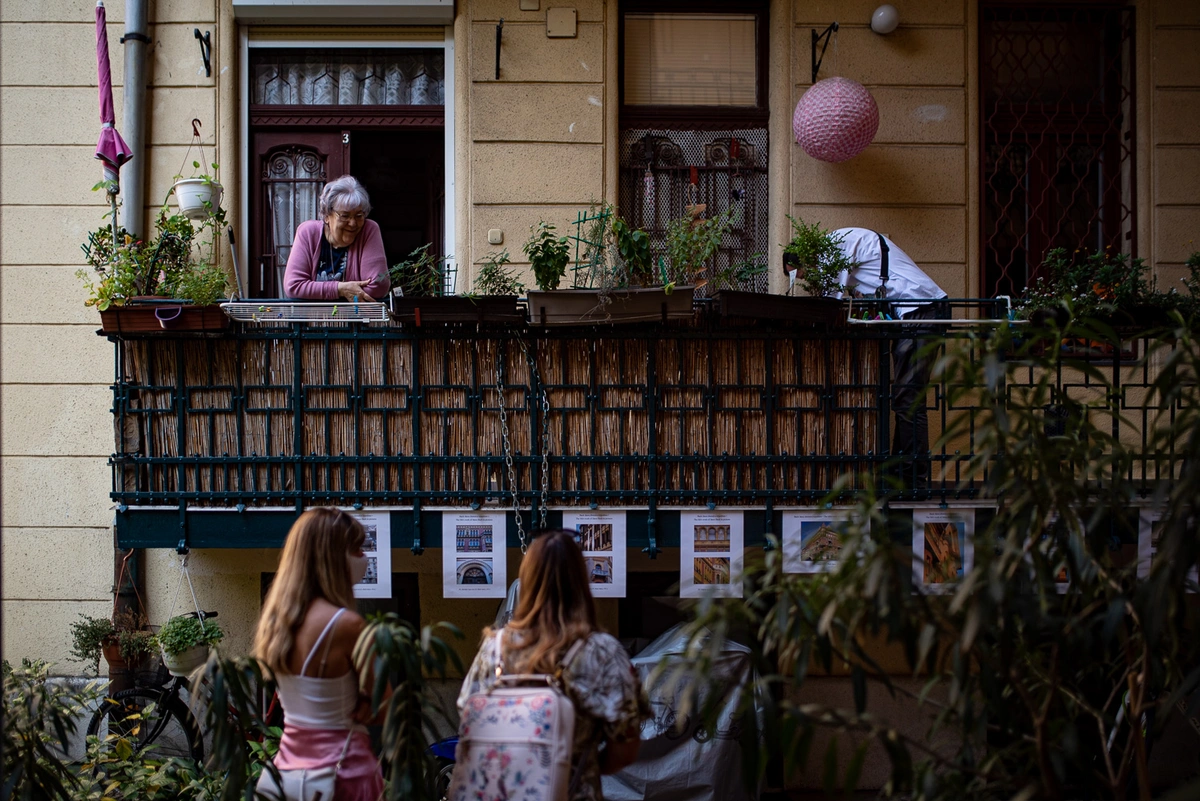
Usually, the most popular programmes are when residents tell their family stories and changes of the building and the neighbourhood to the visitors.
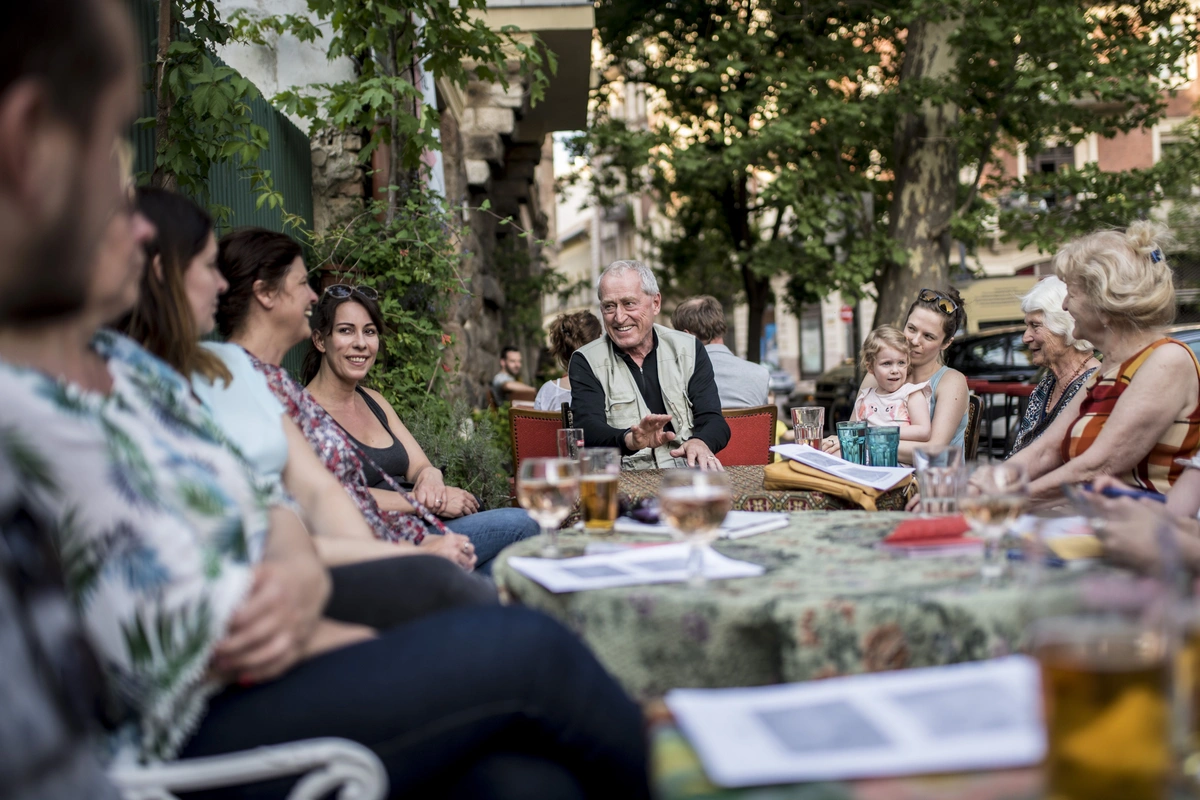
Budapest100 is an initiative that involves a great variety of people to be interested in urban matters. At the same time, we are working together with local residents, volunteers, NGOs, urban experts, architects and decision-makers. Budapest100 is a project that involves both the old lady from next door and the mayor of Budapest to make our city more livable and appreciated.
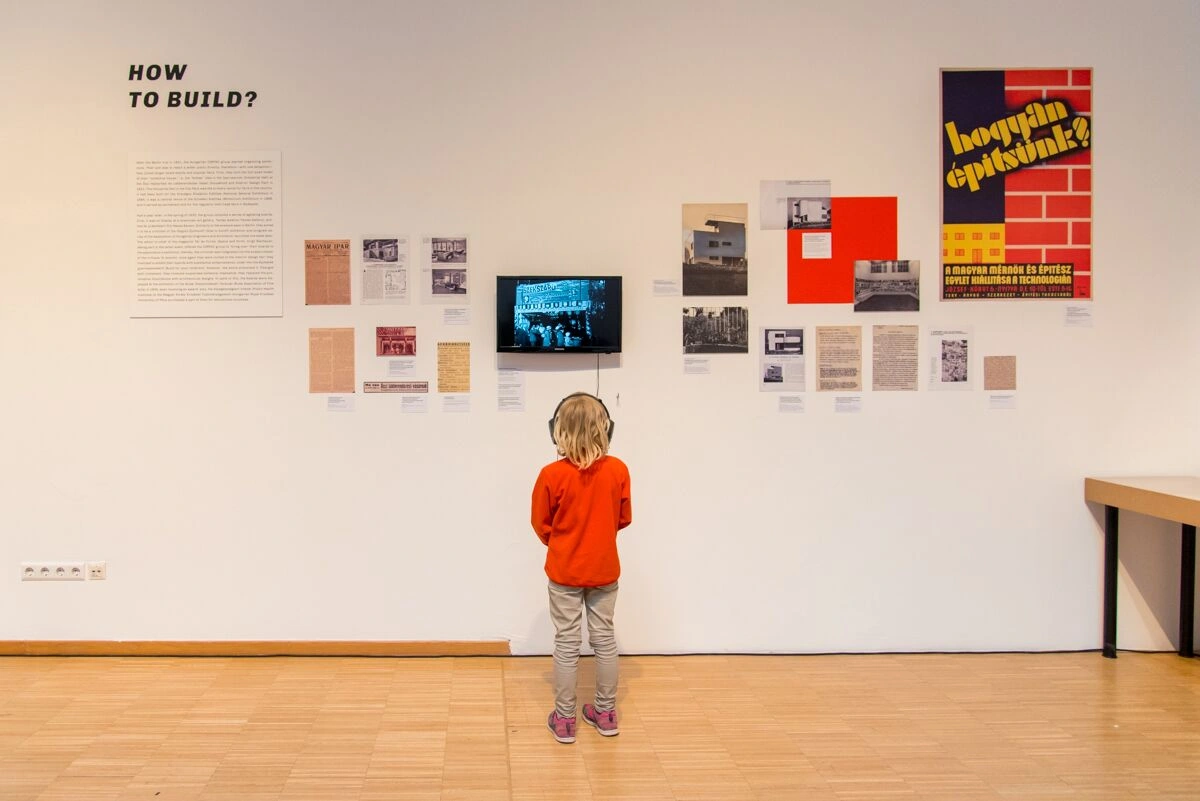
We put a great emphasis on intergenerational dialogue, to empower and create a platform for every generation to talk and do something about their environment.
KÉK – Hungarian Contemporary Architecture Centre is an independent professional institution focusing on architecture, cities, and urban culture. Through its unique knowledge, broad experience, and extended partnership network, KÉK plays a key role in today’s Central European architectural scene.
KÉK projects include exhibitions, conferences, workshops, architecture tours, and festivals as well as research and consulting. In recent years, KÉK has been involved in various urban regeneration programs from running community gardens to creating development strategies and managing their implementation. The organization provides Hungarian materials for international architecture databases and contributes to professional education as well.
KÉK is a member of the New European Bauhaus network.
Web: http://kek.org.hu/en/
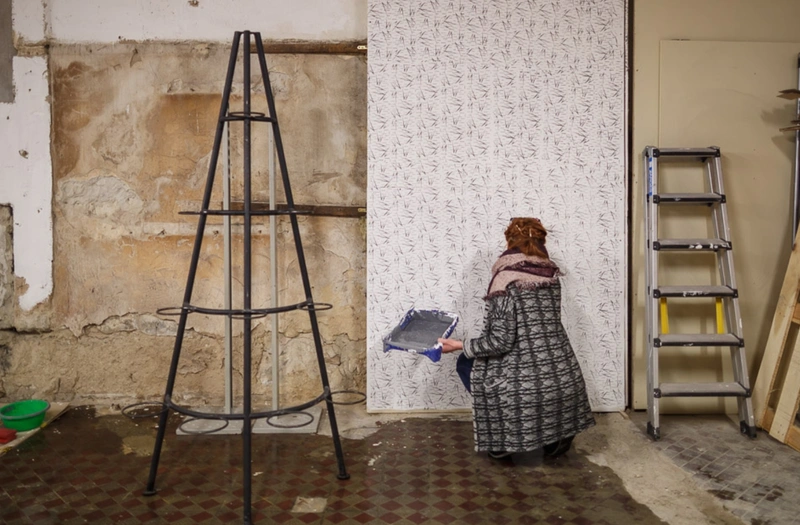
Nyitva! is one of many projects of the KÉK. Its aim is to utilize vacant business premises and to create a cooperative model of real estate brokerage.
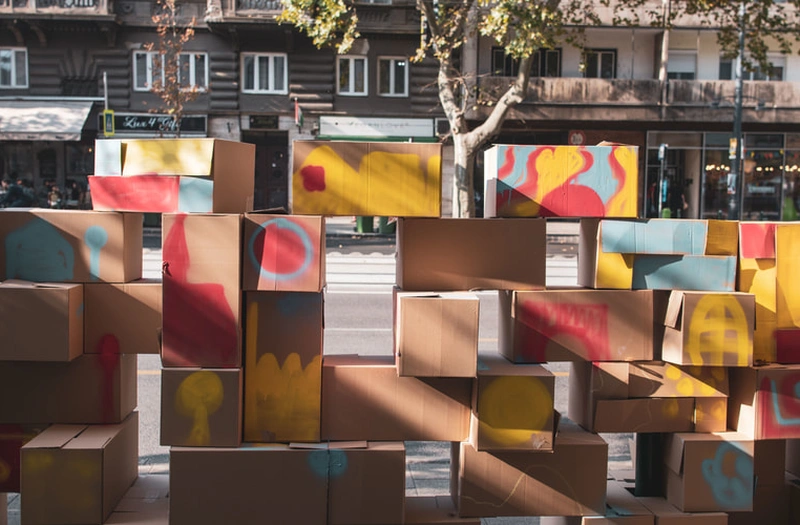
ArchiKids is an architecture festival that initiates dialogue with the future generation through creative tasks to think about our cities.
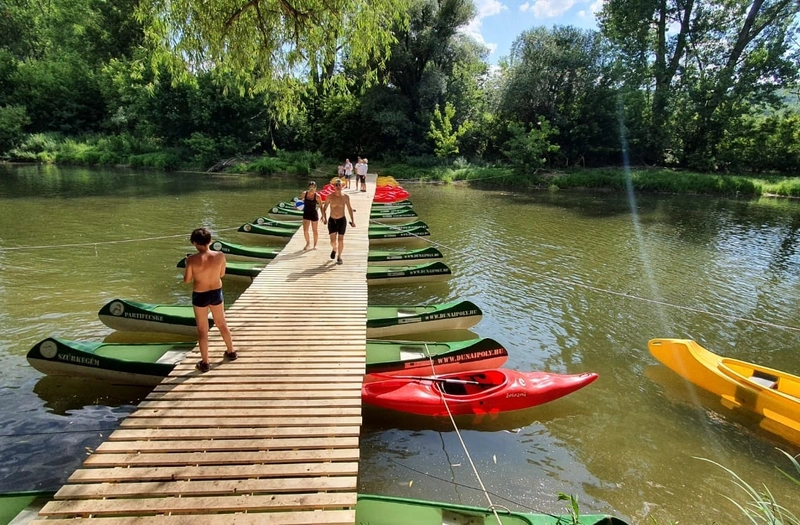
In our project DANUrB we are creating a network of small settlements along the Danube to valorize their cultural heritage and create a common route along the Danube.
